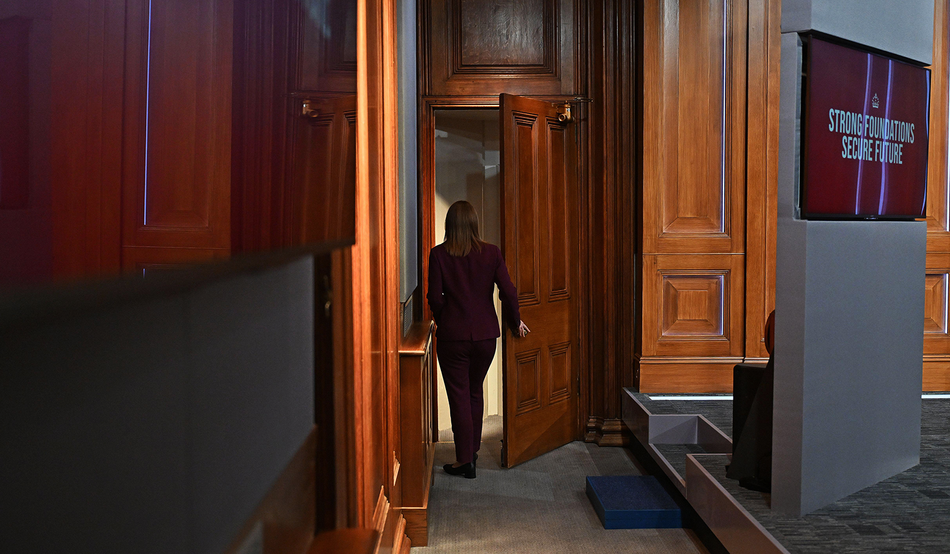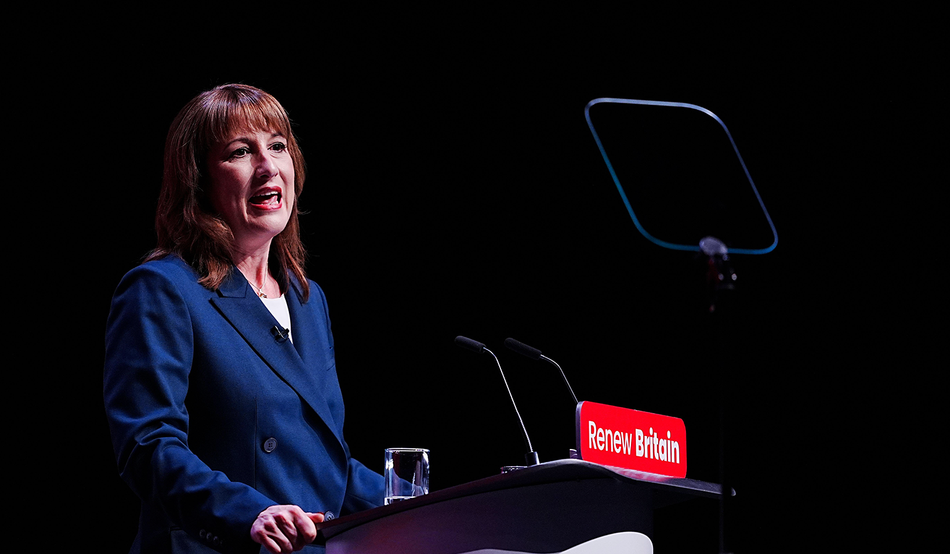In her extraordinary pre-budget speech on Tuesday, Rachel Reeves in effect gave notice that there will be major tax rises in the forthcoming budget. So at least they won’t come as a surprise when announced on 26th November. But I doubt this will do much to lessen the reaction if—as widely briefed—they break Labour’s manifesto pledge not to increase the rates of income tax, VAT and National Insurance.
This would be a hazardous strategy in any event. Coming in year two of the government, after a first budget which also raised taxes sharply (to the tune of £40bn) and was followed by the chancellor’s pledge that she would not be "coming back with more tax increases,” it is doubly so.
It was obviously perverse to copy Tony Blair’s 1997 manifesto promise not to increase key taxes, only to break it on an annual basis. But there is an equally stark contrast with Margaret Thatcher, whose pitiful economic inheritance in 1979 had much in common with Starmer’s in 2024.
Thatcher, remarkably, set out in her manifesto what her controversial tax strategy would be, including the likely tax increases. “We shall cut income tax at all levels to reward hard work, responsibility and success,” she wrote. But then came this crucial passage: “Growing North Sea oil revenues and reductions in Labour’s public spending plans will not be enough to pay for the income tax cuts the country needs. We must therefore be prepared to switch to some extent from taxes on earnings to taxes on spending.” She added that although VAT increases were likely, they would not apply “to necessities like food, fuel, housing and transport.”
The clear intention was to execute a bold switch from income tax to VAT, and this is precisely what Geoffrey Howe’s first budget did within weeks of that election. In one fell swoop the top rate of income tax came down from 83 per cent to 60 per cent, and the basic rate from 33 per cent to 30 per cent, while VAT nearly doubled from 8 to 15 per cent, without breaking the commitment on “necessities”.
Rewind to before the election last July, and a manifesto statement about the need for “fair” tax increases in order to save the NHS, cut the deficit and get interest rates down would have given Starmer and Reeves the political space to act boldly and immediately, like Thatcher did. After all, the Tories lacked all credibility after Liz Truss’s mini-budget in September 2022. Labour could have made a virtue of necessity.
The same could and should have been done on welfare reform. Here the lack of a mandate has proved equally problematic for the government. It led to a huge rebellion by Labour MPs in year one of the government, which has prevented any strategy to improve the benefits system thereafter.
But even having decided against being up front in the manifesto about tax increases and welfare reform, it was optimistic to delay much of the tax hike until 17 months after the election, and to keep talking about radical welfare reform without doing it. And giving a month’s notice of big tax increases, 16 months into government, is unlikely to change the political weather.
Last year we had weeks of pre-budget briefing about a huge fiscal “black hole” left by the Tories. This year the briefing is about a new black hole, this latest one being created by the Office for Budget Responsibility in the form of a downgrade to estimates of Britain’s economic productivity. There is no appreciable economic growth in the UK, no capacity within Reeves’s fiscal rules for much increase in borrowing and no appetite for spending cuts, so the black holes can only be filled by tax increases.
Could things get worse still? Could there be yet another big black hole next year? Unless growth returns, we could be in a real doom loop.













